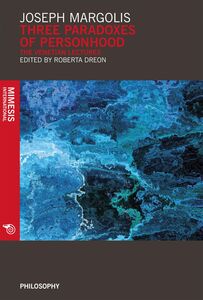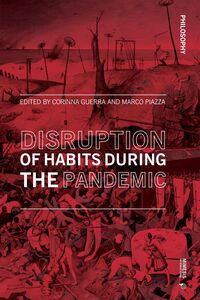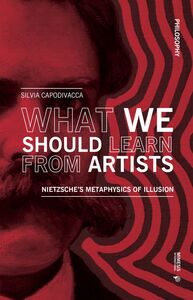
The starting point of Joseph Margolis’ last philosophical effort is represented by the problem of the human “gap” in animal continuity: “There appear to be no comparable variants of animal evolution [...] effected by anything like the culturally enabled creation”. While we share with other animals more or less refined forms of societal life, acquiring a natural language remains a distinctively human character: although it is grounded in the completely natural favourable changes in the human vocal apparatus and brain, the merely causal emergence of language in humans reacts back into human primates by transforming them into persons or selves. The artifactuality of persons appears to be at the same time a natural and emergent phenomenon, constituting the other side of the process of language acquisition both by early hominids and by human infants. In this perspective the largely informal, mongrel and approximate functionality of ordinary language is interpreted as a good tool for the cultural animal to cope with the world, while the collective dimension of human forms of life appears as the shared context of external and internal constitution of the human selves.
Dettagli libro
-
Editore
-
Lingua
Inglese -
Data di pubblicazione
-
A cura di
-
Argomento
-
Collana
Sull'autore
Joseph Margolis
Joseph Margolis, holds the Laura H. Carnell chair of Professor of Philosophy in the Philosophy Department of Temple University in Philadelphia. A leading figure in American Pragmatism, he has developed a third original alternative between analytic philosophy and the continental tradition, focused on a form of robust relativism, realistic constructivism, and a philosophy of the cultural world strictly connected with the idea of the artifactuality of persons. He has published a long series of papers and more than 30 books.






